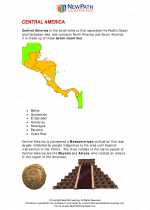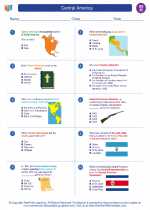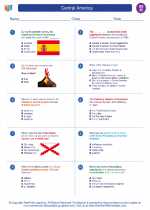Montgomery Bus Boycott
The Montgomery Bus Boycott was a civil rights protest that took place in Montgomery, Alabama, from December 1955 to December 1956. It was a pivotal event in the civil rights movement and was sparked by the arrest of Rosa Parks, a black woman who refused to give up her seat to a white person on a city bus.
Background
Segregation laws in Montgomery required black passengers to sit at the back of the bus and give up their seats to white passengers if the white section was full. On December 1, 1955, Rosa Parks was arrested for violating these laws, leading to widespread outrage and calls for action.
Leadership
The boycott was organized and led by civil rights leaders, including Martin Luther King Jr., who emerged as a prominent figure in the movement. The Montgomery Improvement Association (MIA) was formed to coordinate the boycott, and King was chosen as its president.
Impact
The boycott lasted for 381 days and put significant economic pressure on the bus system, as the black community made up a large portion of its ridership. The Supreme Court eventually ruled that segregation on public buses was unconstitutional, leading to the desegregation of Montgomery's bus system and serving as a major victory for the civil rights movement.
Study Guide
- What event sparked the Montgomery Bus Boycott?
- Who were some of the key leaders of the boycott?
- How long did the boycott last?
- What was the role of the Montgomery Improvement Association?
- What was the ultimate impact of the boycott on segregation laws?
[Montgomery Bus Boycott] Related Worksheets and Study Guides:
.◂Social Studies Worksheets and Study Guides Eighth Grade. Central America

 Worksheet/Answer key
Worksheet/Answer key
 Worksheet/Answer key
Worksheet/Answer key
 Worksheet/Answer key
Worksheet/Answer key
